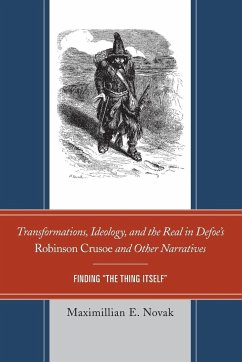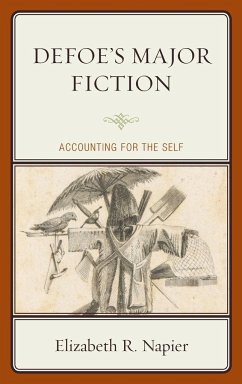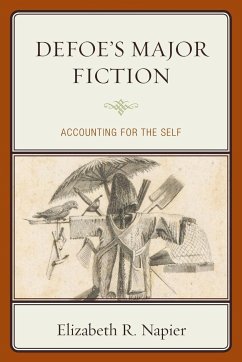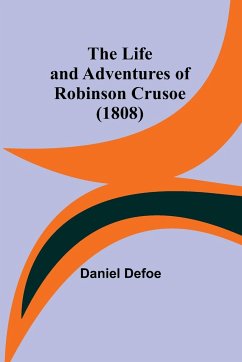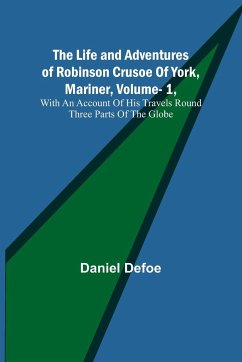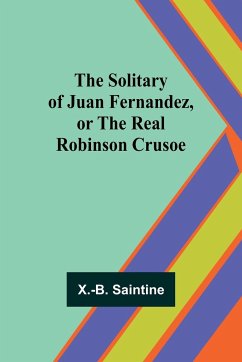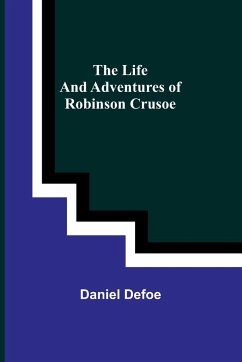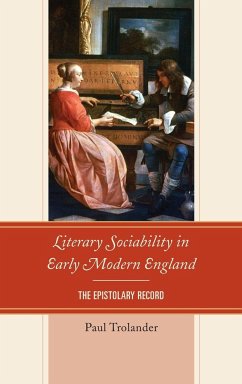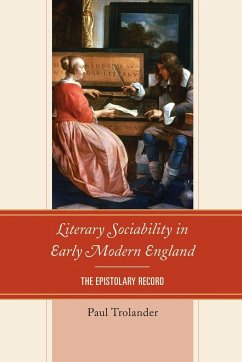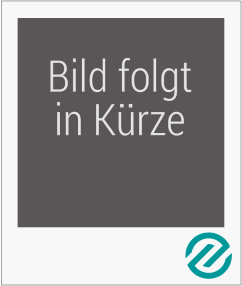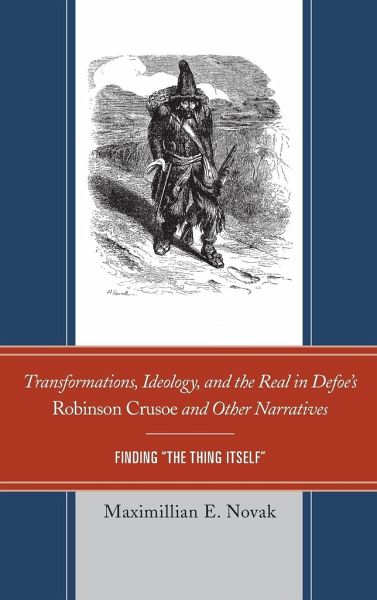
Transformations, Ideology, and the Real in Defoe's Robinson Crusoe and Other Narratives
Finding The Thing Itself
Versandkostenfrei!
Versandfertig in 1-2 Wochen
106,99 €
inkl. MwSt.
Weitere Ausgaben:

PAYBACK Punkte
53 °P sammeln!
Writer Daniel Defoe was anything but a novice in writing fiction in short stories, but in turning himself into a novel-length writer, he had to explore ways of knitting his fictions together through patterns of language, imagery, and intellectual play. This book establishes the complexities and originality of Defoe as a writer.




